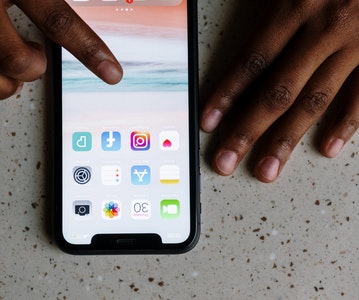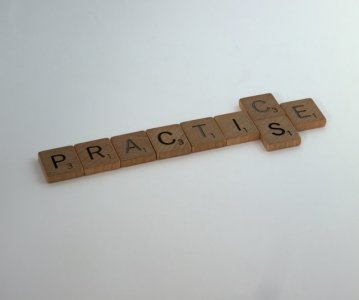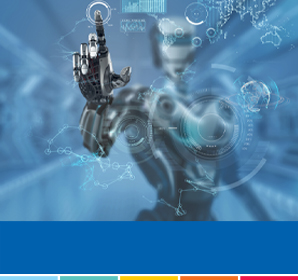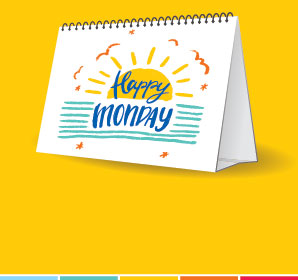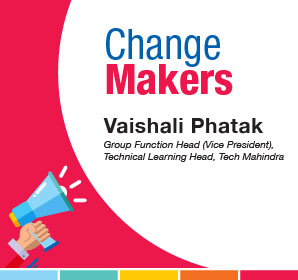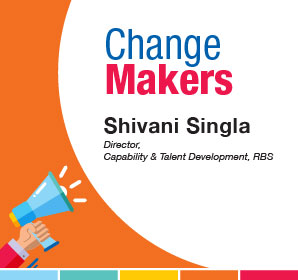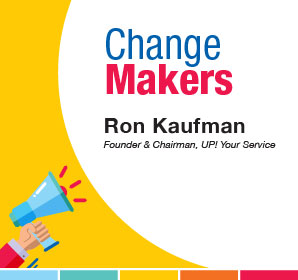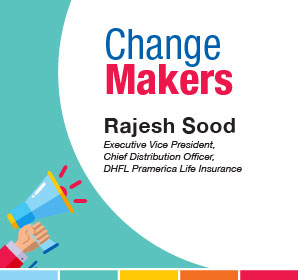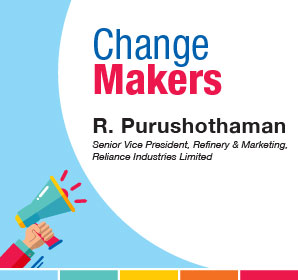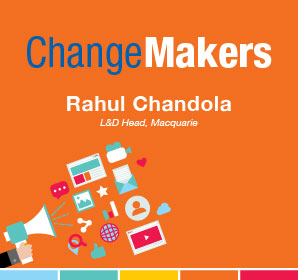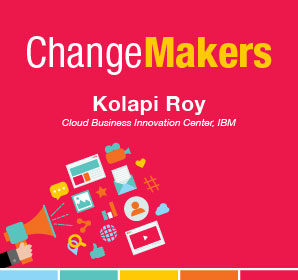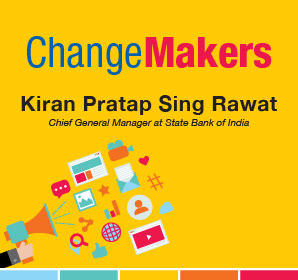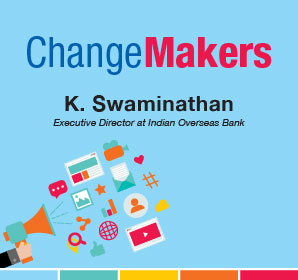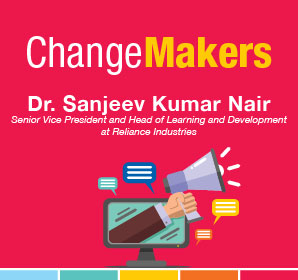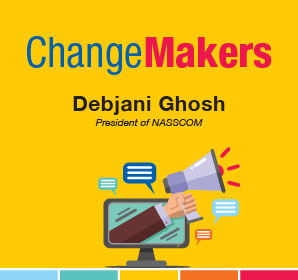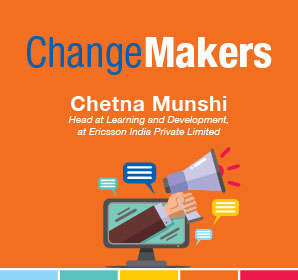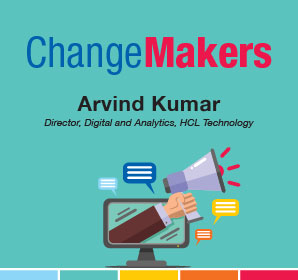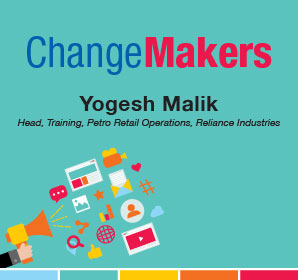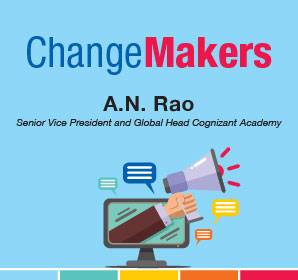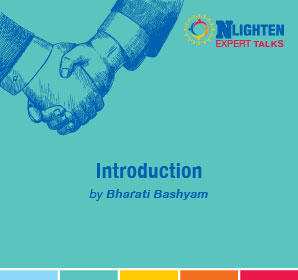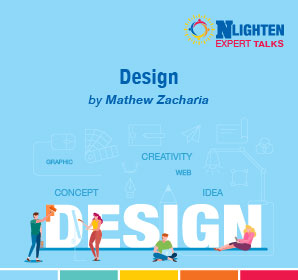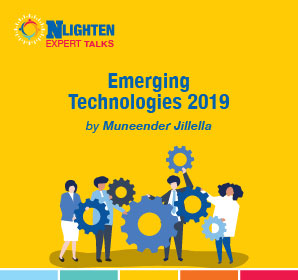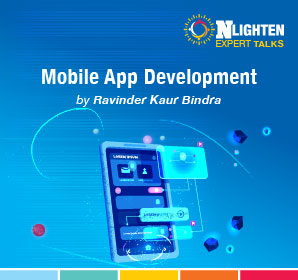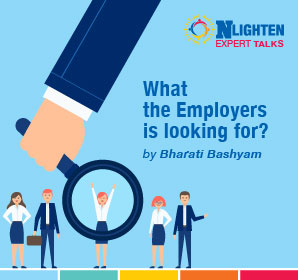How to Point Out Your Cultural Fitness to the HR?
By NIIT Editor
Published on 21/04/2020
Interpersonal dynamics are an integral part of operating as a team member. Unless you are an individual contributor in an organization, you are required to match your pace and rhythm with others. Experience makes people smarter at the art of dealing with peers and influencing them to get the desired outcome. It is not the full-fledged, low-hanging fruit that the recruiters are out there to grab. Instead, they are looking for trademark signs of fruiting in your mindful tree, where you at least have the right seeds of thought allowing you to collaborate with others.
In simpler words, no recruiter wants to on-board a cultural misfit. Whether candidates, believe it or not, the tell-tale signs of things to come are evident in their words and actions (body language). It is difficult to attest a failure-proof manual of the questionnaire that spoon-feeds candidates with readymade answers. It is advised against it. Yet when you put on a display of following characteristics in an interview, it is assured to position you in a positive shade of your own.
Nurture Empathy
A strong sign of a thoughtful, smart professional is compassion. They allow others just the right space to share their concerns and cultivate a deep personal connection with their immediate colleagues. If you work towards it, this bond grows organically through time and gives people the liberating feeling of sharing their knowledge gaps without being judged as inefficient. If you have such a thought process, then you already have a head start to answer the following question, frequently asked by the HRs:
Interviewer: “How would you set the right examples in a team where collaboration is difficult?”
Examine the question closely. Now roll back your memory and think of your school/college days. Why do you think a particular individual was chosen to carry the responsibility of a captain or vice-captain? It is because the coach understood their ability to bond with others. This entrusted individual had a natural affinity for coming to the aid of his/her peers. Probably that’s also the reason why the team, as a whole felt comfortable voicing their concerns to and accepting the solutions coming from the chosen leader.
Your answer should have elements that point towards you as the one who readily cooperates with everyone, accepting their positives and negatives together. Consider the following response:
Candidate: “It was a cricket match and I was the opening batsman. After putting runs on the board, it was our turn to bowl but our lead bowler suffered a hamstring. Although I was a spinner, I filled in for him and covered half of his spell.”
This is just a hypothetical scenario and you might have a memory to share that could have a stronger effect. But you get the point.
Through such questions, the interviewer is less interested in knowing whether you are presenting a fake or real story. They are more interested in finding out if you are ready to offer help to those who need it or not. Support your answer with points that show you’ll support those in need and you will earn extra points in the interview.
Relationship Building
It is unlikely that a single individual will be the source of inspiration for all. Yet small acts of extending a caring hand to someone go a long way in creating a fruitful relationship between two business professionals. It is normally advised to not offer free advice unless asked for. Yet if it is in your nature to do good for others, assess the personality of the individual first, at least within the office premises. If you think they would appreciate your support and make the best use of it then sure, go right ahead. Let us understand this with an example:
Interviewer: “Please share one incident when you had improved the relationship/bonding with your colleagues/friends.”
There are times when we find ourselves in possession of certain things that are needed by others. For instance, the cricket bat that you purchased from a high-end sports shop that improved your batting style. What if you shared it with your best mate at the coaching so that both of you improved your game together.
Or an online course in Vedic mathematics that improved your ability to perform calculations faster. Since people wouldn’t sense such inner happenings of your life, it is up to you to share the knowledge or their means and make others’ lives better. This is the quality that the question above is probing for.
Candidate: “Initially in college, we had a small friend circle. But eventually, as we started familiarizing, I realized that my friend circle and I shared the same route, but they paid for a cab. So offered to drop them home every day in my car without charging a fee.”
Create a storyline and if you find ours to be good then do spread the word. On a serious note, judge for yourself what type of past experience would help you hit the nail on its head in the interview.
Project Management
An organization invests a lot of time and money in hiring new employees. On the other hand we as people dream of staying in organizations and advance our careers with the safety of job security. What if these two factors combined and both the parties, the organization, and the job-seeker, found what they were looking for? Guess what, the recruiters are tasked with exactly this job, not just to hire for the vacant position, but to recruit candidates likely to contribute the most in terms of tenure at the company. It’s time to look at another interview question:
Interviewer: “Do you think you can be a manager someday?”
An individual is promoted to a managerial position when they know how and when to delegate tasks. They are aware of the amount of work to assign to a single team member and jump in when they need additional help. A manager may not be an expert of all the responsibilities being handled by his/her team. Yet, they would have a good idea of how much time a task would take.
Candidate: “Sure why not, provided I am trained well, I would love to help people build an even better organization!”
Managers are recognized by their judgment. The interviewer is searching for the starting signs of this judgment in the candidates.
Act Maturely
Nobody is perfect. As humans, we tend to lose control of our emotions. This happens all the more when people see the situation getting out of hand. When these circumstances arise in an office space, people express their frustration, unknowingly, by getting rude to their colleagues. It is easy to reply in an equally rude manner, but not advised to. As a recruiter, the interviewer would be interested to know what level of self-control, do you have? Let us understand this with an example:
Interviewer: “Please share one incident when your colleague/friend was rude towards you. What did you do to improve the situation?”
If the weather is stormy outside, you can’t do anything about it but wait and weather the storm. People are no different.
Candidate: “Often in such situations, I find it preferable to stay clear of the person until they come willingly forward to ease their frustration. It is important I respect their personal space and give them the liberty to express as they see fit.”
If it is clear that your colleague or a friend is not in a mood to talk, give them their space. Leave them on their own until you can make out that they are ready to talk. After things have cooled down, it is time to discuss the matter and act as their guide.
Handling Differences
Disagreements are fine. After all, you cannot be right all the time. The same is true in every walk of life. A difference in opinion should be up for debate, but settling the same is equally important to maintain harmony in a team. Else such incidents grow like unattended weeds in a garden.
It is important that in an interview, you do not come across as an obstinate, dominating candidate, one who is unwilling to listen and accept the viewpoint of others. Here is an example:
Interviewer: “We've all had situations in which we've disagreed with someone. Tell me about a time this happened to you.”
There is no harm in sharing a personal experience when you disagreed or were strongly opposed by others. But keep in mind to conclude the dialogue by stating that the episode settled in the favor of the side presenting a stronger logic. For instance:
Candidate: “I wanted to go on a trip with my friends, but my parents didn’t allow. They said that the weather was bad in the hill stations. So after a long period of discussion, I listened to them and agreed not to go.”
Candidates who are willing to listen to others, especially their team members, are preferred over those who do not. Please note that this quality is not just restricted to the scope of the above question. The interviewer may even pass remarks on your answers to get a reaction out of you. Remember to keep your point and then listen to the recruiter. Only after that, decide which logic is stronger and finally state the factors in support of your reasons.
Treat the above pointers as starters for a fruitful face-to-face round. While they’ll help you put on a show we have a series of such primers recommended for job seekers with dos and don’ts for an interview. If you found this guide helpful, be sure to learn how to avoid sounding dull in an interview, best practices to handle situational questions, or learning to bring out your optimism at the right time in an interview.
PG Diploma in Sales and Relationship Banking
An online blended learning programme for graduates that gives you a job as a Value Banker with ICICI Bank, India’s leading private sector bank.
Assured Job Opportunity*
Role as a Value Banker

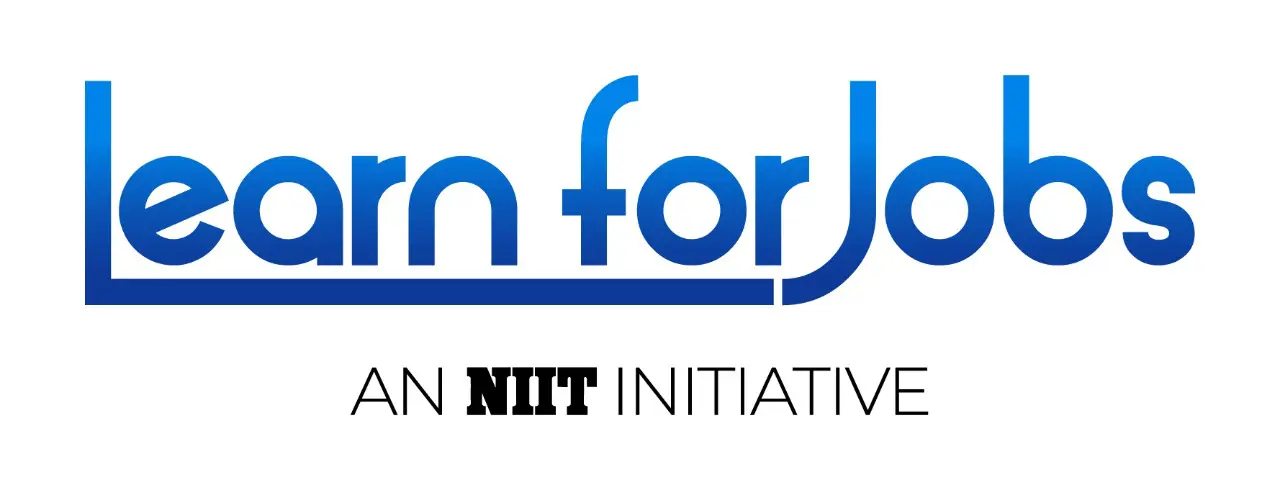
 Sign In
Sign In
































































































































